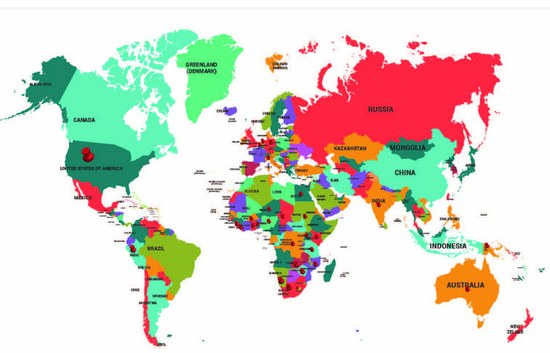 “More than 100 members from 37 countries that serve almost 300 million people! That is our network, providing healthcare and pharmaceutical services to all.
“More than 100 members from 37 countries that serve almost 300 million people! That is our network, providing healthcare and pharmaceutical services to all.
The Ecumenical Pharmaceutical Network (EPN) is a Christian, not for profit, independent organization committed to the provision of quality pharmaceutical services as a means to achieving global goals and targets on health and access to medicines. EPN is a worldwide network of 105 members (associations, institutions & individuals) from 37 countries who have an interest in or are involved in the delivery of just and compassionate quality pharmaceutical services. Of these members; 78 are corporate organizations and 27 are individuals.
Faith Based Organizations
EPN works with Faith Based Organizations (FBOs) to reach out to communities in the most marginalized and remote areas where government services are limited. FBOs play a major role in providing health care globally; FBOs have a unique credibility and legitimacy with local populations in Sub-Saharan Africa. This helps to increase their acceptability in the societies and ultimately the utilization of health care. The challenge is that most of the FBOs’ reach and impact is either not reported or distorted in reporting due to gaps in data and lack of capacity in the institutions.
The Numbers
EPN has 32 Church Health Associations (CHAs) and 18 Drug Supply Organisations (DSOs), 17 Church Health Institutions (CHIs), 27 Individual members and 11 other organisations, making a total of 105 members spread over 37 different countries. Recently EPN conducted a mapping study to map out the extent of our network. All, except the individual members received a questionnaire. We received responses from 27 members. These 27 members (half of our membership) provided healthcare in:
- 1397 Hospitals
- 8244 Health Centres
- 2117 Dispensaries
They see more than 71,5 million patients per year and serve a population of almost 300 million people. On average our members provide 32% of a countries health care, and this percentage is higher looking only at the rural areas, where the churches provide often more than 50% of the healthcare. The affiliated Drug Supply Organizations have an average market share of 31,5%, leaving them after their governments the biggest suppliers of the country.”
(last update of “who works where”: January 2018)
